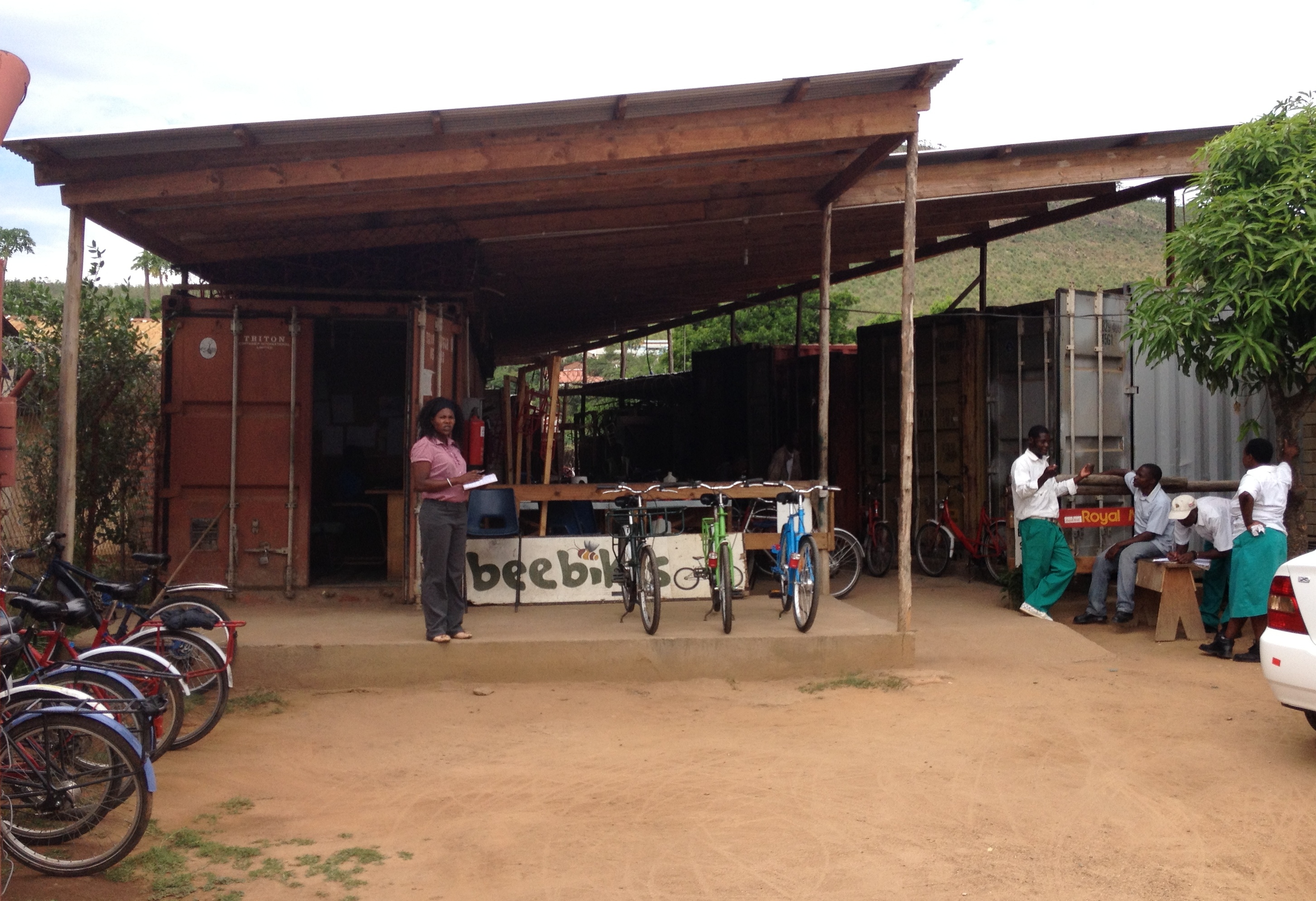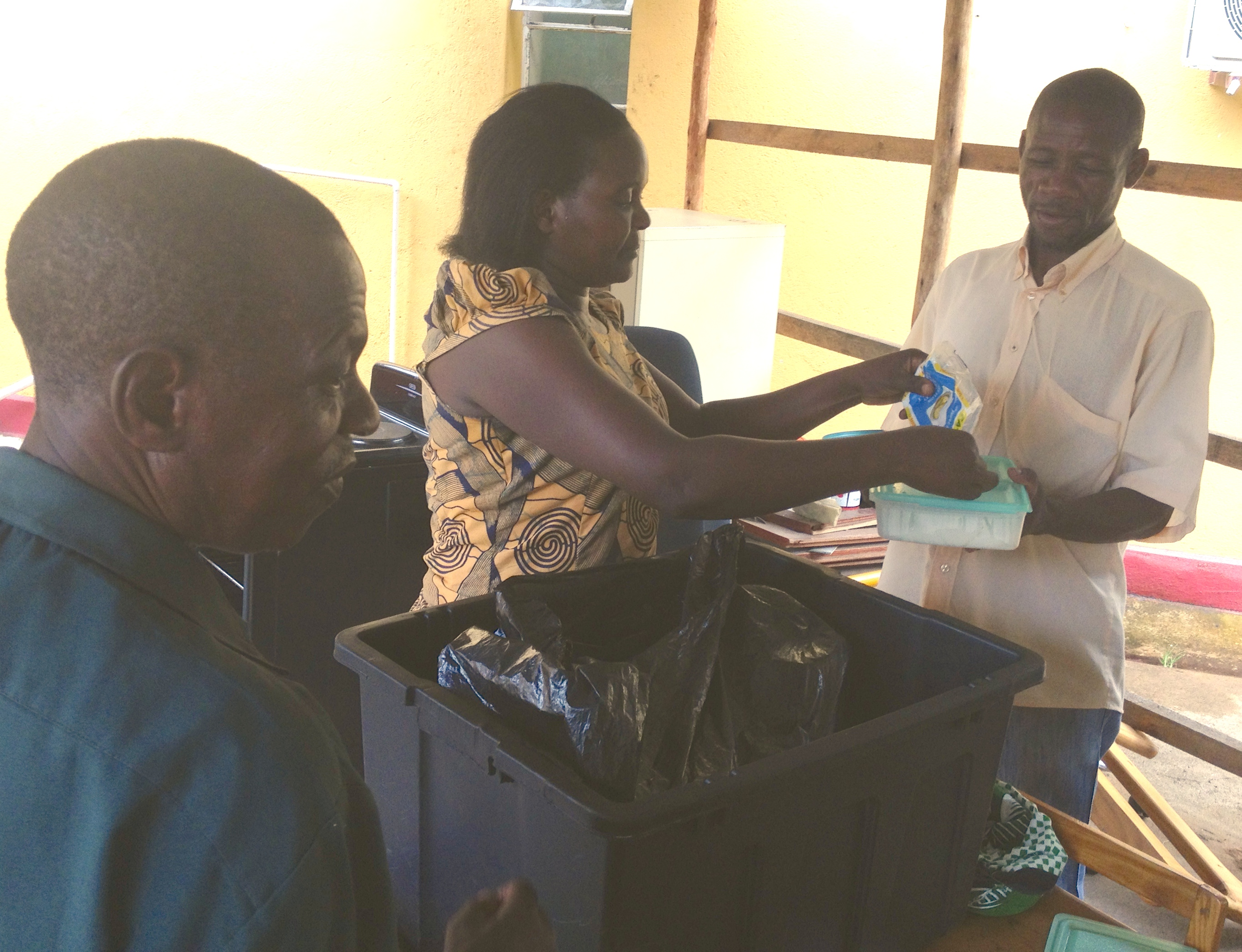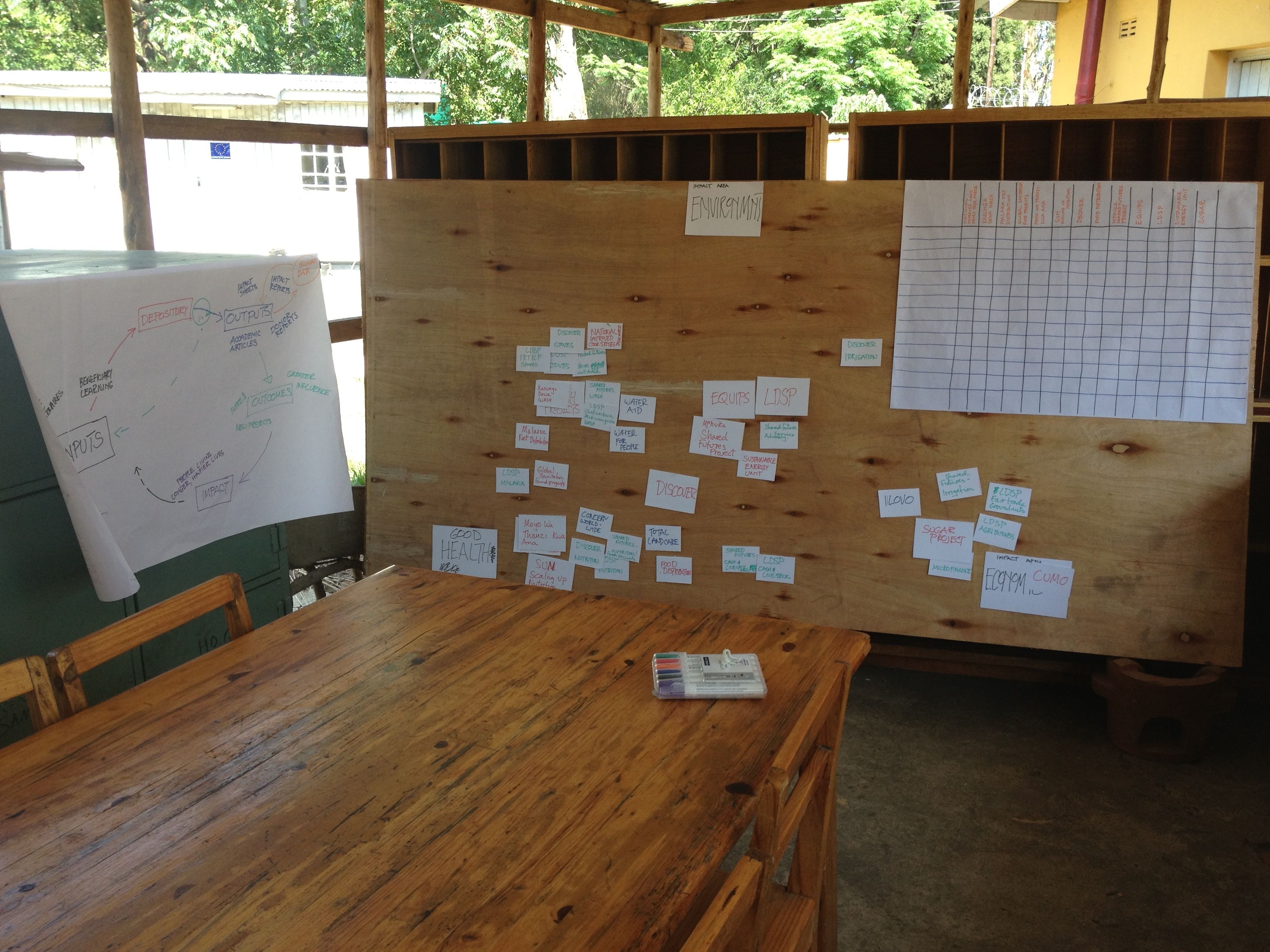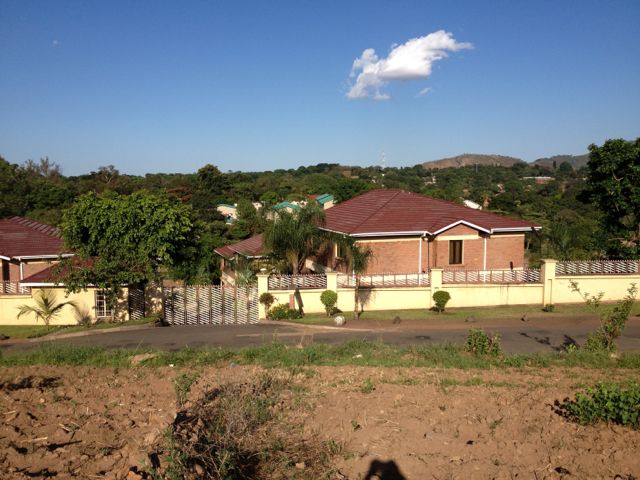 I’m about to buy a bicycle from Bee Bikes, a ‘Not for Profit’ social enterprise with UK connections. I will probably buy their top-of-the-range refurbished ex.UK Royal Mail bike with a three speed hub gear set and rear pannier. I thought about the one with the front basket, but there are limits!
I’m about to buy a bicycle from Bee Bikes, a ‘Not for Profit’ social enterprise with UK connections. I will probably buy their top-of-the-range refurbished ex.UK Royal Mail bike with a three speed hub gear set and rear pannier. I thought about the one with the front basket, but there are limits!
Business ventures in Blantyre are probably typical for much of the continent. There are the large multi-nationals, often South African such as the big supermarkets, a range of smaller but still relatively formal shops and businesses that are dominated by Asians, and then the ultra-small businesses often relying on micro-finance. The ‘social enterprise’ sector is a further addition to the mix, often supported by charities and the formal NGO sector. Concern Universal has a fuel efficient stove project where interested villagers learn how to make the stoves, and subsequently sell them to their friends and neighbours. The project is also linked to a UK organisation that is claiming carbon credits for the carbon efficiencies that someone using one of these stoves provides.
I find it curious how Africans are often dismissed as not having a business sense, yet all around there are examples of entrepreneurialism that belies this perception as a myth. Almost all my colleagues have small side ventures such as tailoring, selling beans and rice or running some form of repair business. Every lunch time a lady comes to the office with meals she made the night before. It is her own business, and she supplies 4 offices.
The statistics are that 50% of small businesses in Australia fail in their first year, 95% within ten years. Through micro-loans such as run by CUMO the statistics are that only 3% of these micro-businesses fail, a statistic that makes some in the developed world look to seek their secret to success.
Entrepreneurialism is a form of action learning, demanding reflective practice. By combining it with a desire for social harmony, perhaps it is a good foundation for the future. In an essay I wrote a few years ago (Joining the dots. Linkages between Sustainable cities, Action Research, Complexity and an emerging role for Technical Professionals) I suggest that we need more people to become proficient entrepreneurs (capable of good Abstract Rational Thinking) before we can seriously think at a systems level.



